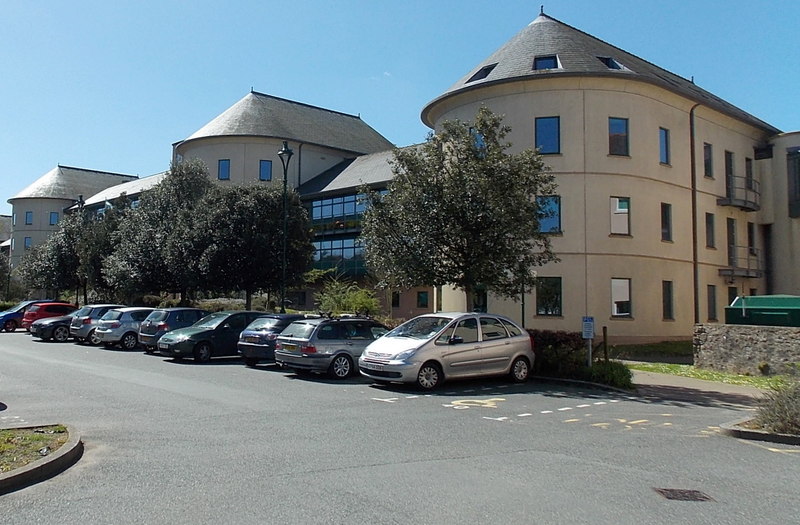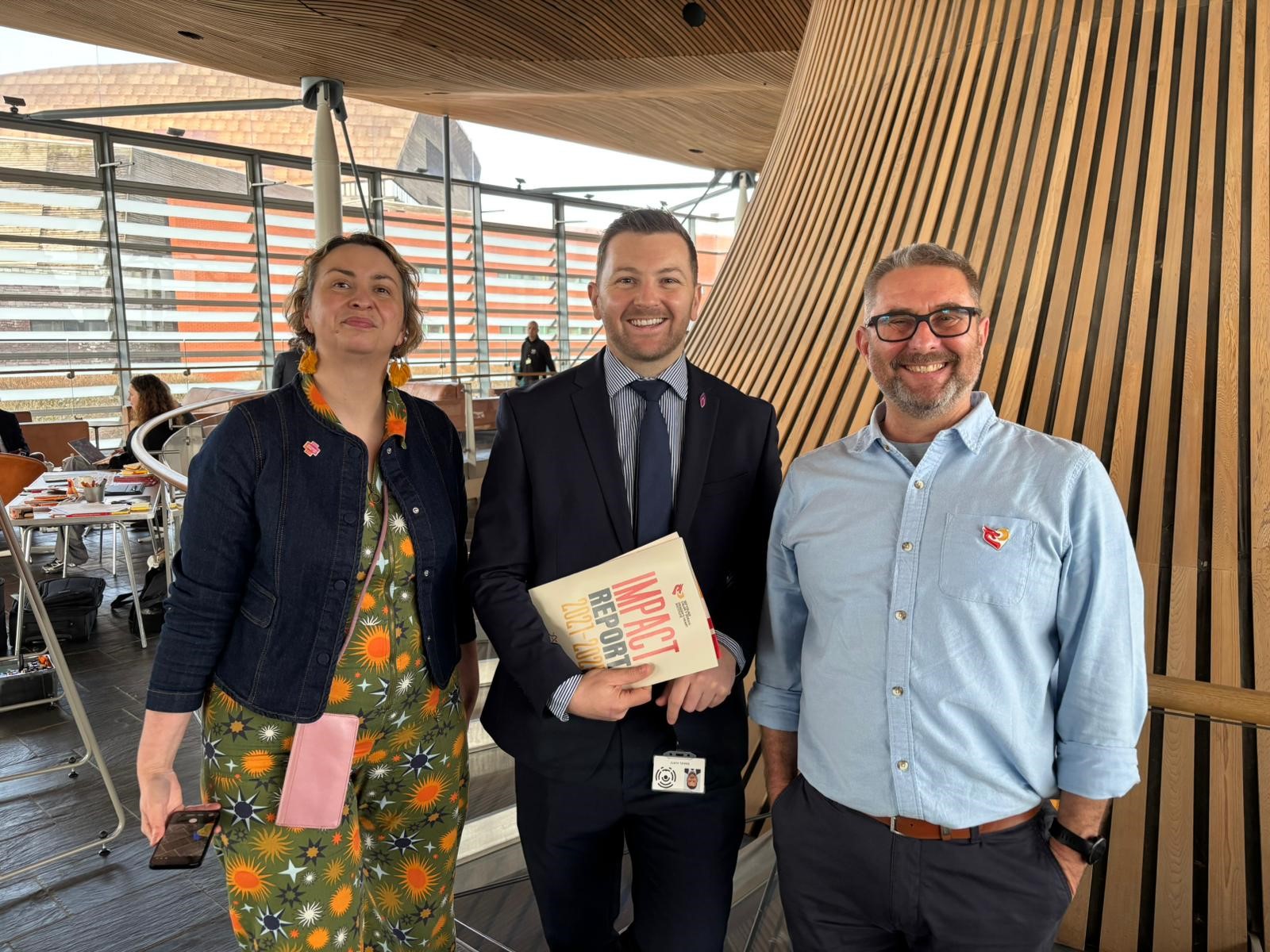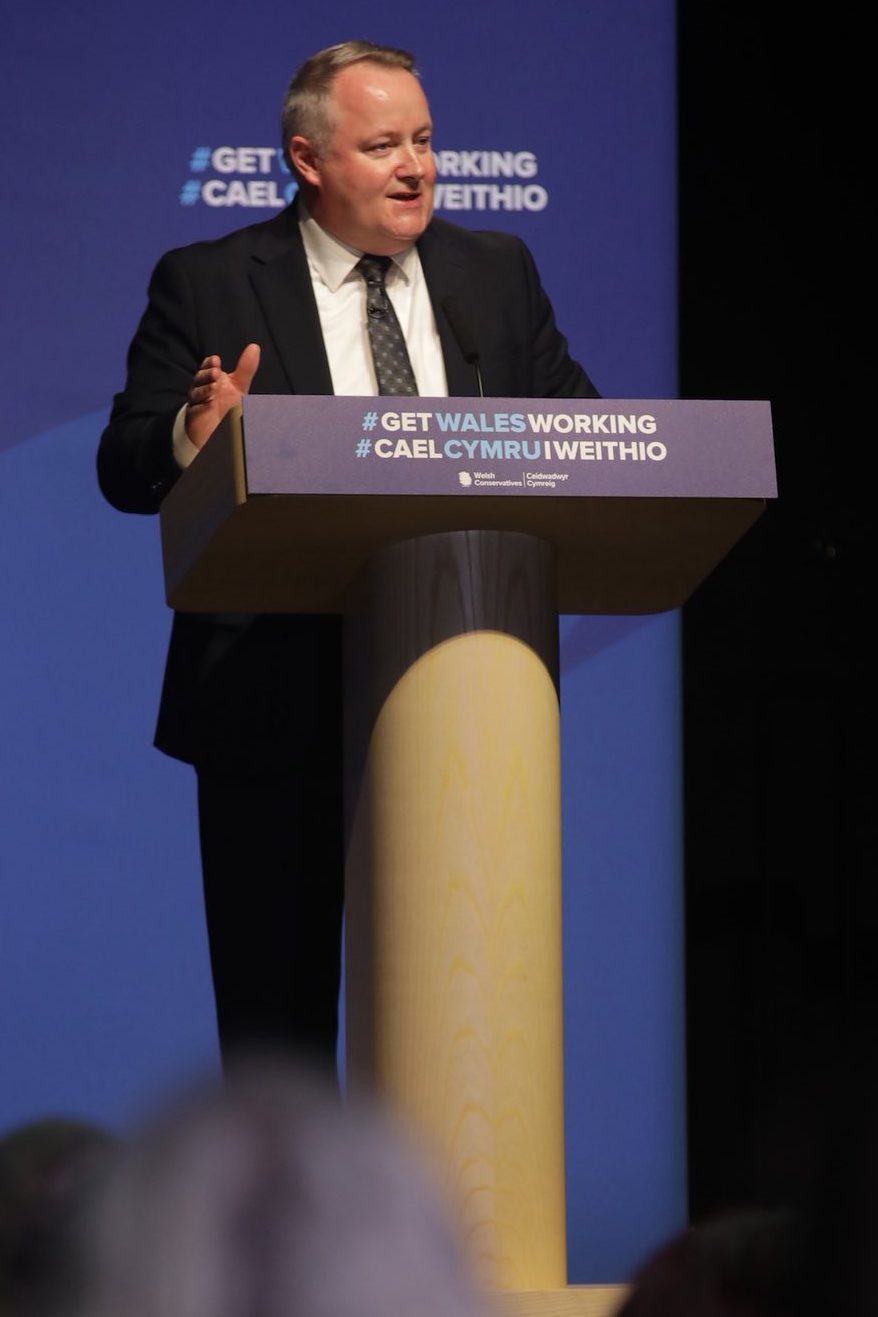Politics
Pembrokeshire County Council huge overspend expected

PEMBROKESHIRE County Council is expected to overspend in its annual budget by nearly £4m, with the potential for huge budget pressures next year, senior councillors heard.
Members of Pembrokeshire County Council’s November meeting of Cabinet received a report on the quarter two figures for the 2024-25 budget, highlighting an expected overspend of £3.9m by the end of the financial year.
The budget for 2024-25 was approved by council on March 7. This is the second budget monitoring report for 2024-25, with the predicted overspend up from £2.9m in the quarter one figures.
A report for members, presented by Cabinet Member for Corporate Finance and Efficiencies Cllr Joshua Beynon said the budget for 2024-25 is “set against a backdrop of increased level of demand, complexity and cost of packages within our School ALN provision, Children’s Services, Adult Services and Homelessness”.
It added: “This increase in demand, complexity and cost of packages has continued into 2024-25 with material projected overspends within social care & housing totalling £8.8m. Although work is being undertaken to try to reduce the cost of packages, it should be noted that these demand levels are projected to continue into 2025-26 and future years, creating further additional permanent budget pressures that will either need to be met through additional budget savings, income generation or increased council tax.
“The projected outturn at Q2 2024-25 is £307.1m, representing a projected overspend of £3.6m. There is also a projected shortfall in 2024-25 council tax collection which will result in a £0.3m reduction in funding received. The resulting £3.9m shortfall will need to be funded from reserves in 2024-25.”
Cllr Beynon said a hoped-for increase in funding from Welsh Government following increased funds from Westminster announced in the UK Budget was not confirmed at the moment, but was expected to lead to an increase in funds to Pembrokeshire of one or two per cent; that funding figure due to be announced next month.
Members also noted a predicted funding gap scenario of £33.6m for 2025-’26, which, with the current medium term financial plan budgeted council tax increase for 2025-26 of 11.14 per cent would leave a shortfall of £23.2m to be met through budget savings, dependent on what the final settlement from Welsh Government is.
Cabinet agreed that, if the projected overspend of £3.9m is not recovered during the financial year, it will be funded from reserves, and that relevant members and officers work to identify potential savings to assist in addressing the indicative budget gap of £33.6 million for 2025-26.
Education
Pembrokeshire respiratory project praised at the Senedd

AN INNOVATIVE Pembrokeshire scheme improving asthma care for primary school children has been recognised at an event held at the Senedd on Monday (Jan 27).
The Pembrokeshire Schools Respiratory Project, which has been running since 2023 across North and South Pembrokeshire school clusters, delivers in-school respiratory reviews and education sessions for pupils, parents and teaching staff. It is believed to be the first programme of its kind in Wales.
Samuel Kurtz met with project lead, Narberth-based pharmacist Dave Edwards, along with representatives from Asthma + Lung UK to mark the project’s success.
Mr Edwards said respiratory conditions place a significant burden on children and their families, as well as on the wider healthcare system.
“Our aim is to confirm diagnoses, educate pupils and parents about their condition, emphasise adherence and inhaler technique, and ensure every child has a personalised treatment plan that gives them good control,” he said. “This project demonstrates how local health initiatives can make a real difference.”
As part of the scheme, Year 5 and Year 6 pupils received sessions on the dangers of smoking and vaping, highlighting the impact of these habits on respiratory health. Parents and school staff were offered training aligned with the National Review of Asthma Deaths recommendations and delivered through the ‘Asthma Fit’ programme.
The sessions covered common childhood respiratory illnesses, recognising asthma symptoms, correct inhaler technique, the features of good asthma control, and the importance of having clear action plans for worsening symptoms.
Schools participating in the ‘Asthma Fit’ programme have introduced strengthened asthma policies, including appointing a designated asthma lead, maintaining an up-to-date inhaler register, implementing individual asthma action plans, and ensuring staff are trained to respond quickly and appropriately to attacks.
The project also aligns with national guidance, including the RCP’s National Review of Asthma Deaths report, NHS England’s National Bundle of Care for Children and Young People with Asthma, and the All Wales Paediatric Asthma Guidelines.
To date, 583 children have been reviewed, with more than 65% showing improved asthma control scores. Treatment has been optimised for 65% of pupils, contributing to fewer hospital and out-of-hours visits. The project has also delivered environmental benefits, with carbon savings estimated to be equivalent to more than 70,000 car miles.
In the Autumn Term 2025 alone, 75 pupils received reviews, personalised action plans and inhaler education.
Mr Kurtz said: “I am delighted to celebrate the success of this Pembrokeshire project in the Senedd. It has helped children, parents and schools manage asthma better, easing the burden on GPs and emergency care. Behind every statistic is a real child seeing real improvement.
“I am extremely proud that a Pembrokeshire-based project is leading the way in asthma management and acting as a flagship for other areas across the UK. I am also pleased to hear that plans are already in place to expand the initiative to more schools over the next two years — it thoroughly deserves continued support.”
News
Darren Millar rules out post-election pact with Reform or Plaid

Welsh Tory leader says “only deal is with the people of Wales” ahead of May Senedd vote
THE LEADER of the Welsh Conservatives has moved to shut down speculation about post-election alliances, insisting he will not enter into any agreement with either Reform UK or Plaid Cymru following May’s Senedd election.

Speaking ahead of his party’s spring conference in Llandudno on Friday (Feb 13), Darren Millar is expected to tell members that the only mandate he is seeking is directly from voters.
He will say that if people choose the Welsh Conservatives at the ballot box, they will get a Conservative administration — not a coalition stitched together after the votes are counted.
His stance mirrors comments previously made by UK Conservative leader Kemi Badenoch, who has argued that parties discussing deals before polling day are not focused on delivering for the public.
Reform dismissed as “not ready for power”
With opinion polls suggesting Reform could perform strongly in May, Mr Millar is set to acknowledge that some voters may feel drawn to the party, but he will question whether it is prepared to shoulder the responsibility of governing.
He is expected to argue that Reform has no credible pathway to running the Welsh Government, pointing to past controversies within its Welsh leadership and questioning the substance of its policy platform.
Reform’s UK leader, Nigel Farage, has previously suggested the party’s immediate aim is to become a significant opposition force rather than take office — a position the Welsh Conservatives say underlines its lack of readiness for government.

Plaid branded “focused on separation”
Turning to Plaid Cymru, Mr Millar will accuse the party of propping up Labour in the Senedd while attempting to present itself as an alternative.
He is expected to claim that Plaid’s long-term goal of Welsh independence overshadows its domestic agenda, arguing that constitutional change — rather than bread-and-butter issues — remains its central objective.
According to Mr Millar, a Plaid-led government would prioritise breaking away from the United Kingdom, a move he says would create economic uncertainty and put pensions, cross-border employment and public finances at risk.
Labour record under fire
The Welsh Conservative leader will also target Welsh Labour, which has governed Wales since devolution.
He is set to argue that after nearly three decades in power, Labour’s record on the NHS, schools and the economy has left Wales lagging behind other parts of the UK.
Among the issues likely to be raised are long NHS waiting lists, concerns about educational standards and rising unemployment figures.
Mr Millar will also reference recent remarks by First Minister Eluned Morgan about supporting the hospitality sector — comments that drew headlines — suggesting that economic challenges facing Welsh businesses run far deeper than consumer habits.
Election battle lines drawn
With polling indicating that the contest in May could be highly competitive, the Welsh Conservatives are positioning themselves as the only alternative to what they describe as “27 years of Labour failure”, while rejecting both nationalist and populist rivals.
Whether that message resonates with voters across Pembrokeshire and the wider west Wales region remains to be seen.
Health
NHS pay row erupts as ministers confirm 3.3% rise

Unions warn award amounts to real-terms cut as inflation remains above headline figure
NHS staff across Wales will receive a 3.3% consolidated pay increase from April 1, 2026, after the Welsh Government accepted recommendations from the 39th NHS Pay Review Body.
The uplift applies to all staff employed under Agenda for Change terms and conditions, including nurses, healthcare assistants, porters, cleaners and other frontline health workers.
Health and Social Care Secretary Jeremy Miles said the award followed independent economic advice and was above current inflation forecasts issued by the Bank of England and the Office for Budget Responsibility.
He said inflation was expected to fall progressively towards the two percent target by early 2027 and described the settlement as fair and responsible within the current financial climate.
Lowest-paid staff
The Welsh Government confirmed that its commitment to pay the Real Living Wage from April 2026 means the lowest-paid NHS staff will see increases ranging from 3.8% to 5.9%.
However, it was also noted that Bands 1 and 2 and the entry point of Band 3 will remain on the same pay rate from April because the previously announced living wage uplift already exceeds the Pay Review Body recommendation.
Ministers said discussions will continue alongside England and Northern Ireland on structural reforms to the Agenda for Change framework, with any agreed changes backdated to April 2026.
Union anger
The announcement prompted sharp criticism from health unions, who argue that with inflation currently at 4.2%, many staff will still see a reduction in real-terms pay.
The Royal College of Nursing described the award as “very disappointing” and said it falls short of commitments to restore nursing pay to 2008 levels.
RCN Wales Executive Director Helen Whyley said: “At a time when the cost of living remains high another real term pay cut is being imposed again on a workforce already stretched to its limits.”
She also criticised the continued use of the Pay Review Body process after unions had raised expectations of direct negotiations.
Meanwhile, UNISON Cymru said health workers are likely to be angry at what it called “another below inflation pay award”.
UNISON Cymru health committee chair Dawn Ward said some NHS staff were struggling with rising household bills and felt undervalued.
The union has called for Wales to move towards a Scottish-style model of direct pay negotiations between government, employers and unions.
Political pressure
The pay announcement is likely to intensify debate about NHS funding, recruitment and retention across Wales.
While ministers argue the settlement reflects economic forecasts and financial constraints, unions maintain that headline percentages do not reflect the pressures facing frontline staff.
With morale described as fragile and vacancies continuing across Welsh health boards, the dispute is expected to remain politically sensitive in the months ahead.
-

 Health4 days ago
Health4 days agoHealth Board to decide future of nine key services at two-day meeting
-

 Business6 days ago
Business6 days agoComputer Solutions Wales under fire from customers
-

 Charity6 days ago
Charity6 days agoWelsh patient voices help shape new UK-wide online kidney forum
-

 Community5 days ago
Community5 days agoFacebook ‘news’ site targeting Herald editor collapses after community backlash
-

 Community6 days ago
Community6 days agoCalls for traffic calming in Neyland after car hits house
-

 News6 days ago
News6 days agoFresh concerns over £60m A40 scheme after resurfacing works just months after opening
-

 Crime2 days ago
Crime2 days agoFour arrested in armed police operation across Pembroke Dock
-

 Crime6 days ago
Crime6 days agoWoman admits two shop thefts and banned from town supermarkets



























